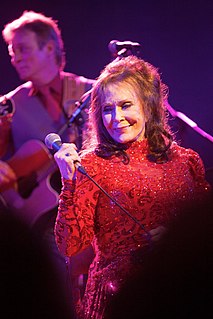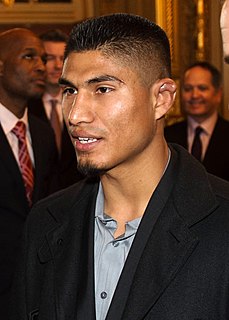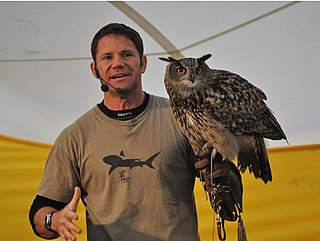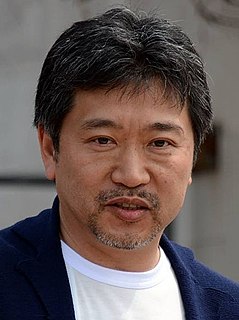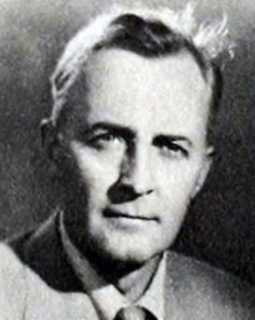A Quote by Charles de Lint
"... he had understood, better than anyone ... the beauty that grew out of the simple knowledge that everything, no matter how small or large it might be, was a perfect example of what it was."
Related Quotes
The vain presumption of understanding everything can have no other basis than never having understood anything. For anyone who had ever experienced just once the perfect understanding of one single thing, and had truly tasted how knowledge is accomplished, would recognize that of the infinity of other truths he understands nothing.
Do not be afraid of large patterns, if properly designed they are more restful to the eye than small ones: on the whole, a pattern where the structure is large and the details much broken up is the most useful...very small rooms, as well as very large ones, look better ornamented with large patterns.
Clothing sizes are weird, they go: small, medium, large and then extra large, extra extra large, extra extra extra large. Something happened at large, they just gave up. They were like, 'I'm not doing any more adjectives; you just keep putting extras on there.' We could do better than that: small, medium, large, whoa, easy, slow down, stop it, interesting, American.
It was about bringing integrity to everything I would do, no matter how small or large the part was. With every audition, I would bring that integrity, so if I didn't get the part it didn't matter to me, because I did the best job I could possibly do. I always walked away feeling like I accomplished something real, no matter what.
That was the thing about Prabhupada, you see. He didn't just talk about loving Krishna and getting out of this place, but he was the perfect example. He talked about always chanting, and he was always chanting. I think that that in itself was perhaps the most encouraging thing for me. It was enough to make me try harder, to be just a little bit better. He was a perfect example of everything he preached.
It's important to keep in mind that we never know how something as simple as passing along an idea or asking an important question might impact someone. A first step on the path of being a practical visionary, for example, might begin by having conversations with co-workers, or by simply creating a better atmosphere at work.
There's nothing more paralysing or more likely to make people fall into a malaise of believing they are powerless than just hearing that everything's negative and everything's shot to bits. It's really important that we know we can change this planet for the better and that every single one of us, no matter how small we may feel, has that power.
Great things are wrought through simple and small things. Like the small flecks of gold that accumulate over time into a large treasure, our small and simple acts of kindness and service will accumulate into a life filled with love for Heavenly Father, devotion to the work of the Lord Jesus Christ, and a sense of peace and joy each time we reach out to one another.
The biggest considerations I had were practical: how do you move such a large number of actors around a small space? So, for example, if I have to have the mother bring a pot of tea from the kitchen to the living room and serve it to the others, how do I, on a practical level, get everyone into the frame? Any decisions I made about the camera angles or movement came out of necessity, versus any sort of stylistic choice.
Philosophers often think all scientists must be scientific realists. If you ask a simple question like "Are electrons real?" the answer will be "Yes". But if your questions are less superficial, for example whether some well-known scientist was a good scientist. Then, they had insisted that only empirical criteria matter and that they actually did not believe in the reality of sub-atomic entities. Ask "If that turned out to be true, would you still say they were good scientists?" The answer would reveal something about how they themselves understood what it is to be a scientist.



